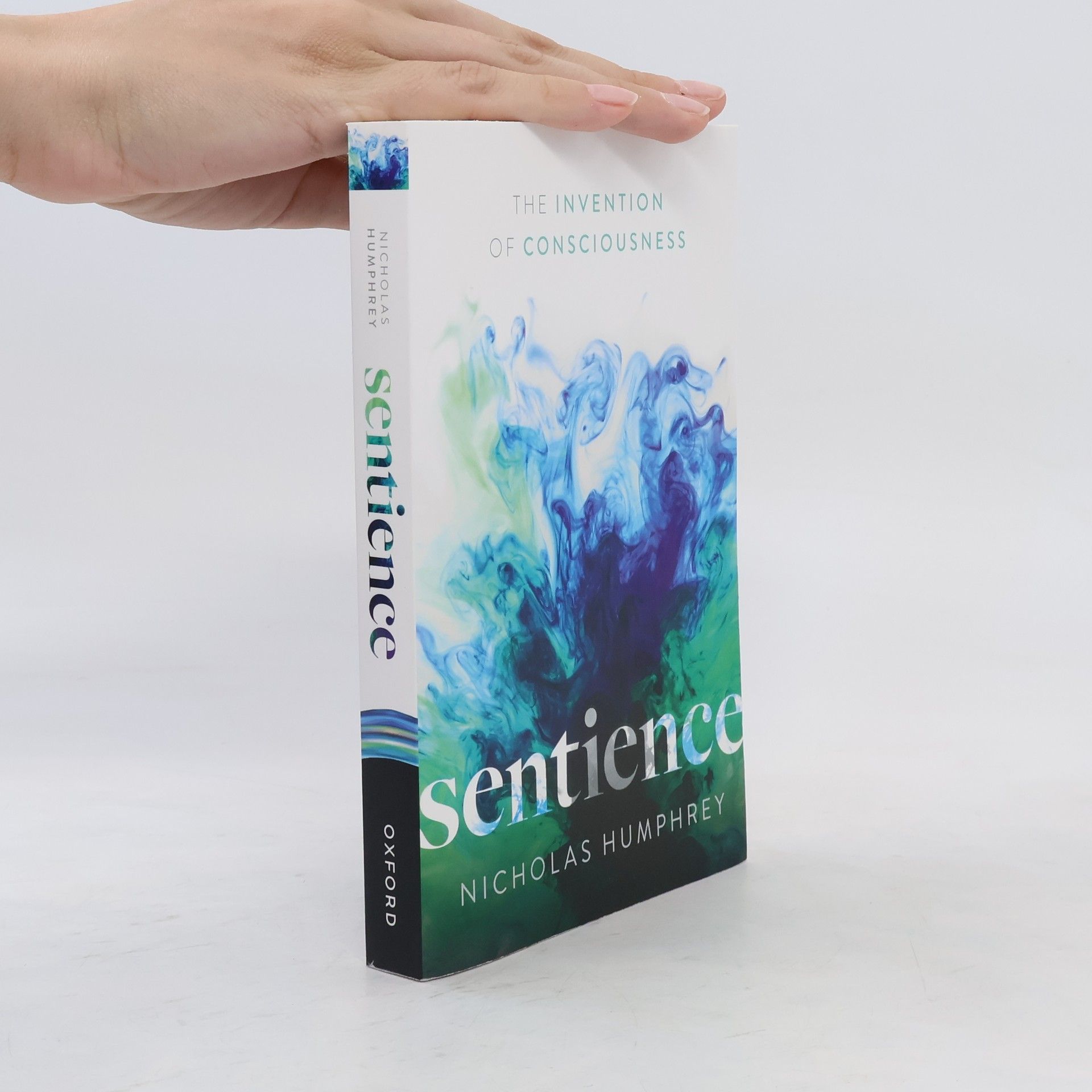The contemporary rabbi is influenced by the modern rabbinic establishments throughout the world, including the rabbinate in Israel. The rabbinate's monopoly on opinions and interpretations prevents rabbis from expressing their individual positions out of fear of delegitimization. The current structure gives the public a negative impression of the rabbinic establishment. The Importance of the Community Rabbi strives to describe and delineate key requirements for a good rabbi, i.e., one who can provide socially acceptable halachic solutions within the parameters of Orthodox thinking. Rabbi Sperber elucidates the halachic techniques and mechanisms that may be used toward this goal. These are further illustrated with stories from rabbinic literature and examples from various responsa.
Nicholas Humphrey Livres







The mind-body problem is widely seen as the great remaining challenge to science and philosophy. Why and how did matter evolve to take on the quality of mind? The author takes the reader to the edges of current knowledge and back to the beginning of time, before mind existed, and in doing so constructs a history of consciousness.
Conscious sensations ground our sense of self, but is it only humans who feel this way? Do other animals? Will future machines? Nicholas Humphrey tells the story of his quest to understand the evolutionary history of consciousness and explains the startling answers he has come to.
Sociálna inteligencia
- 208pages
- 8 heures de lecture
Aký rozdiel je medzi prirodzeným (intuitívnym) a formálno-logickým usudzovaním? Sú všetky logické chyby zlé? Aké postupy (heuristiky) používa intuitívne usudzovanie? Prečo sú hybnou silou rozvoja intelektu sociálne vzťahy? Aké komunikačné riziká sú spojené s informáciami získanými prostredníctvom svedectva? Na základe čoho vieme odhadnúť, čo sa deje v mysli iného? Prečo sa etnické klasifikácie zásadne líšia od iných sociálnych klasifikácií, napríklad profesijných či športových? Práve na tieto otázky hľadajú odpovede autori knihy Sociálna inteligencia. Prvú časť knihy tvoria preklady prác renomovaných zahraničných autorov (D. Kahneman, G. Gigerenzer, N. Humphrey a D. Sperber). Druhá časť knihy obsahuje príspevky domácich autorov (J. Bašnáková, M. Filko, M. Kanovský, V. Kvasnička, E. Pauková, J. Pospíchal a J. Rybár). Sme presvedčení, že kniha môže pomôcť vedeckým pracovníkom a študentom počítačovej vedy, psychológie, antropológie, ekonómie a ďalších prírodných a sociálnych vied zorientovať sa v danej oblasti. Dúfame, že poslúži aj všetkým, ktorí sa chcú bližšie oboznámiť so súvislosťami medzi intuitívnym usudzovaním a sociálnou inteligenciou.
Tato ojedinělá populárněvědecká kniha se snaží hledat odpověď na zřejmě jednu z nejpodstatnějších lidských otázek: Co je to vědomí a jak vytváří a řeší problémy našeho života? Od této otázky se následně dostáváme k rozvíjení dalších myšlenek, např. jak vůbec může nějaká entita tvořená výlučně fyzickou hmotou, tedy člověk, zakoušet vědomé pocity a proč došlo během evoluce k vytvoření vědomí. Autor Nicholas Humphrey, úspěšný britský psycholog, zde spojuje preciznost kognitivní vědy, evoluční biologie, psychologie a antropologie s myšlenkami filosofů, básníků, spisovatelů či náboženských myslitelů. Podle jeho názoru za fenomenální kvalitu vědomé zkušenosti, za oddělení a podporu individualismu či za vznik celého společenství vděčíme rozvinutým mozkovým obvodům. Předkládá radikální teorii, že vědomí není ničím jiným než magickým a záhadným představením, které inscenujeme uvnitř své hlavy, přičemž vlastní fenomenální zkušenosti pak projektujeme ven do světa věcí. Neboli my jsme tím kouzelníkem, který barví věci „kouzelným prachem“ svého vlastního vědomí. To může sloužit i jako důkaz, že život právě díky vědomí stojí za to, aby byl plně žit na několika rovinách.
Die Naturgeschichte des Ich
- 303pages
- 11 heures de lecture
Hard to find
¿Qué es y para qué sirve la conciencia? ¿Por qué se desarrolla en el hombre y por qué ha evolucionado? Abordando un original camino que comienza en Haití y sigue por los volcanes de Virunga -tierra de los gorilas de Dian Fossey- NICHOLAS HUMPHREY recobra en este libro estas viejas preguntas y propone superar las teorías tradicionales sobre la evolución del intelecto humano, adentrándonos en una nueva hipótesis: que los problemas fundamentales del ser humano son los sociales, los que plantea la vida en grupo, que nos obligan a actuar como «psicólogos naturales» y a interrogarnos constantemente sobre los pensamientos, deseos y conducta de quienes nos rodean. La conciencia sería, pues, la respuesta a los problemas que nos plantea comprender a los otros: LA MIRADA INTERIOR que nos permite aventurarnos en nuestra propia psicología y, por ende, en la de los demás.
